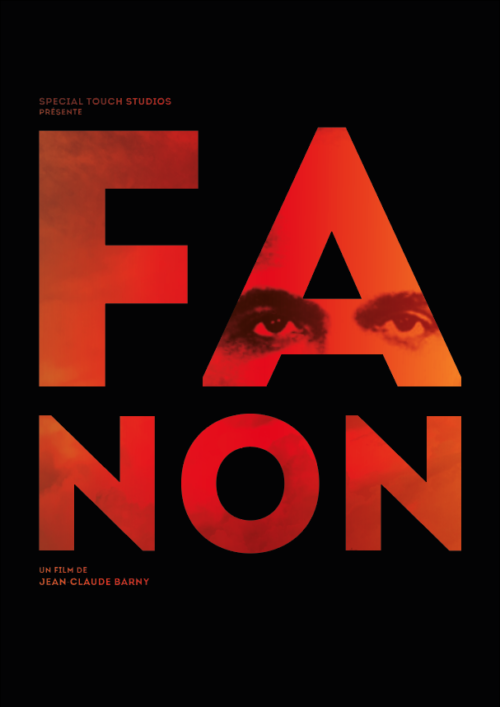We remember Frantz Fanon, born July 20, 1925, in Martinique. A prominent figure in the fight against colonialism, especially in Africa, his work is closely associated with Algeria’s War of Independence, serving as a psychiatrist, and witnessing colonialism’s effects firsthand.
Fanon’s writings on colonialism, decolonization, and identity have influenced a wide range of fields, including cinema — cinema that played a significant role in African decolonization, serving as a medium for resistance, and the reclamation of African narratives.
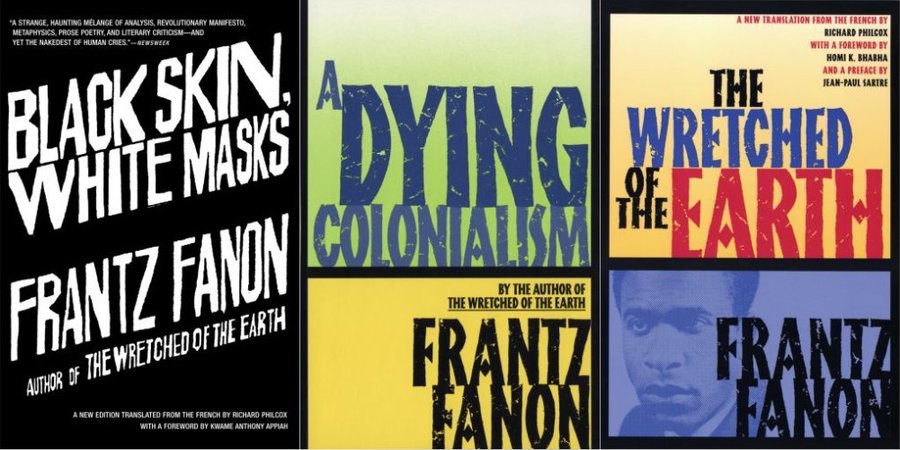
Fanon’s work provided a critical lens through which African filmmakers viewed and critiqued colonial legacies.
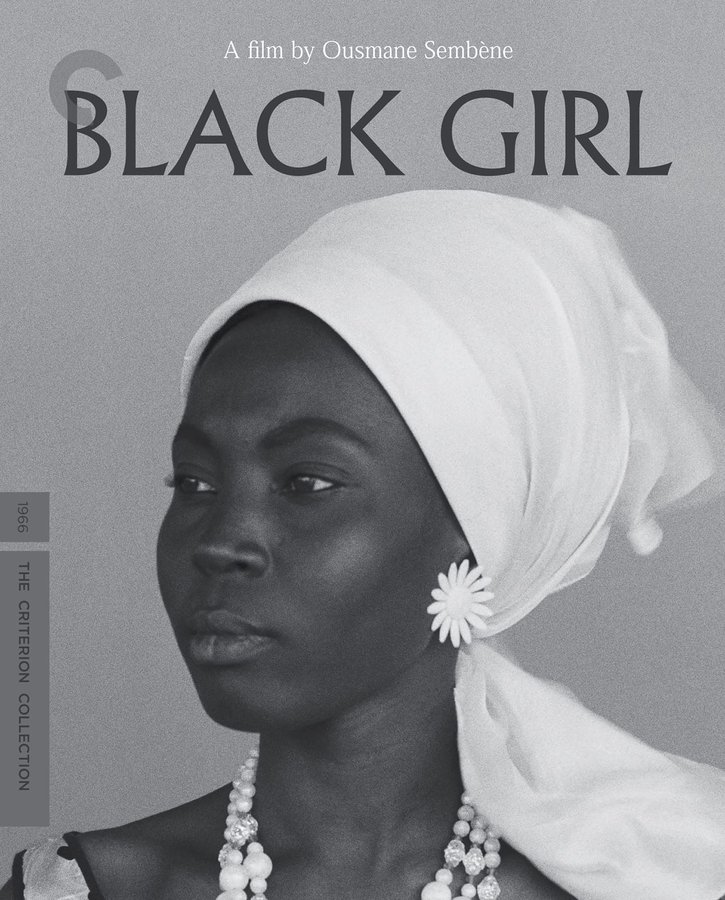
African filmmakers also reflected on Fanon’s critique of the neocolonial structures and psychologies that persisted after formal independence.
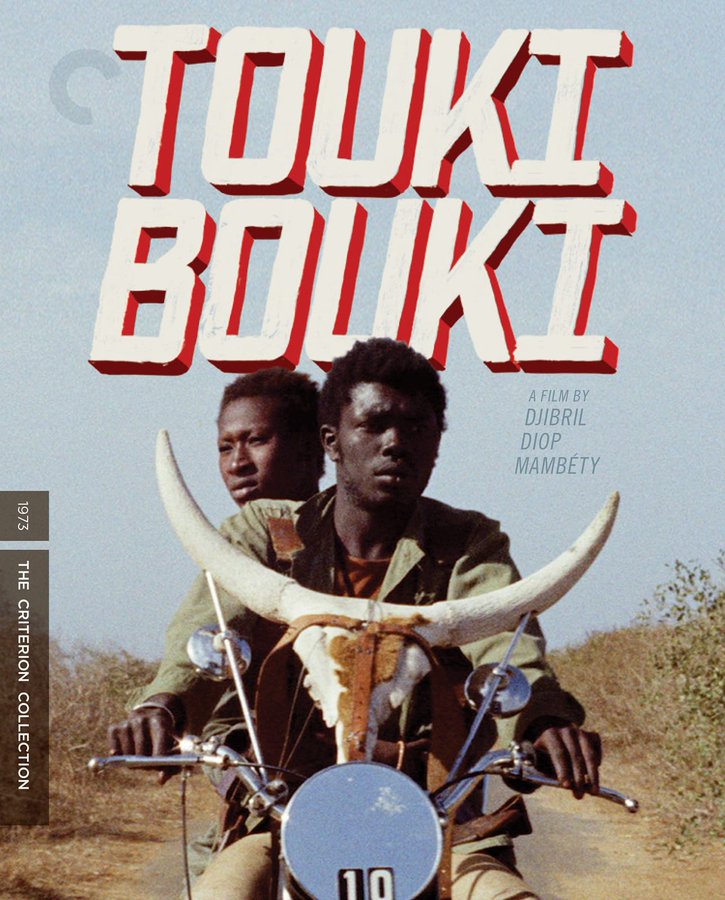
Others reflected on Fanon’s ideas about the necessity of violent revolution for decolonization. (“Chronicle of the Years of Fire”)
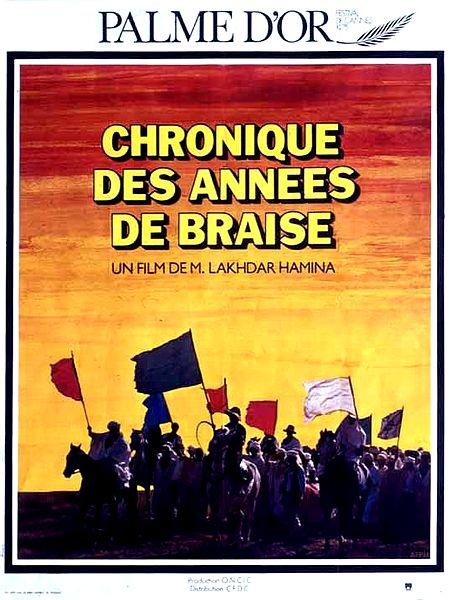
And during a period of African cinema’s growing influence and expansion, some depicted the Africa that existed long before European colonization, showing the richness and diversity of pre-colonial African cultures.
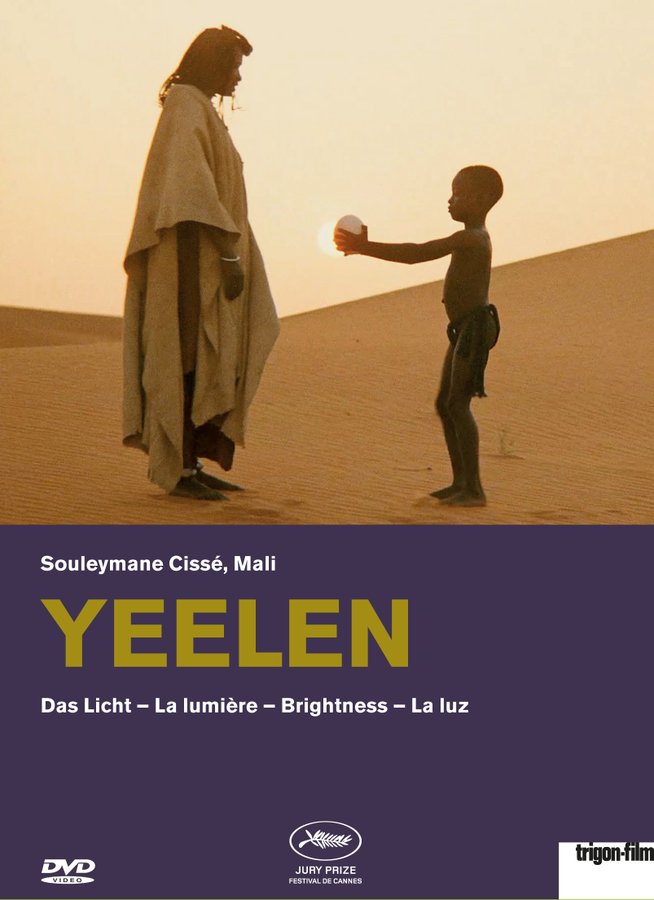
In recent years, African filmmakers are realizing Fanon’s emphasis on the need for an ongoing fight against oppressive structures that still relent.
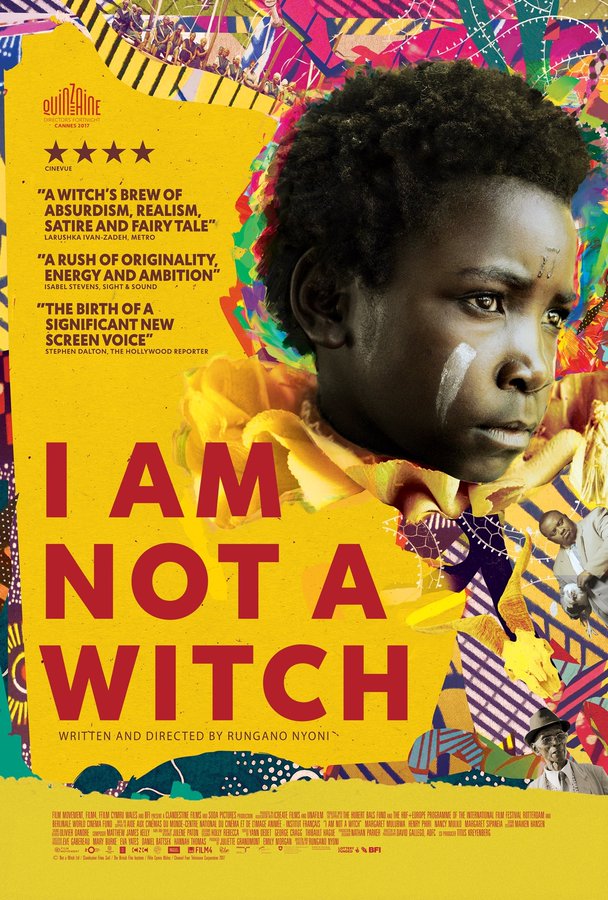
These films, among many others, demonstrate the ways in which African cinema has engaged with the themes of colonization, decolonization, and post-colonial identity that Fanon explored in his writings.

In this sense, one could argue that all African films made since the decolonization years are part of an ongoing process of cultural and psychological decolonization, and therefore reflect, to some extent, the themes that Fanon wrote about.
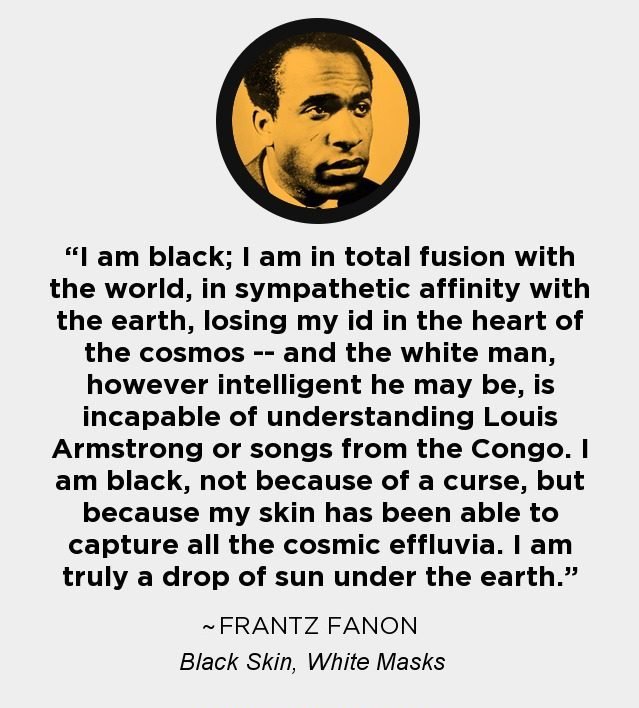
Today, filmmakers like Haile Gerima remain aligned with Fanon’s ideas. His statement that African filmmakers need to grapple with a continent that “lost its mind” (OkayAfrica, 2021), is a powerful metaphor for the disorientation and identity crisis brought on by colonialism.
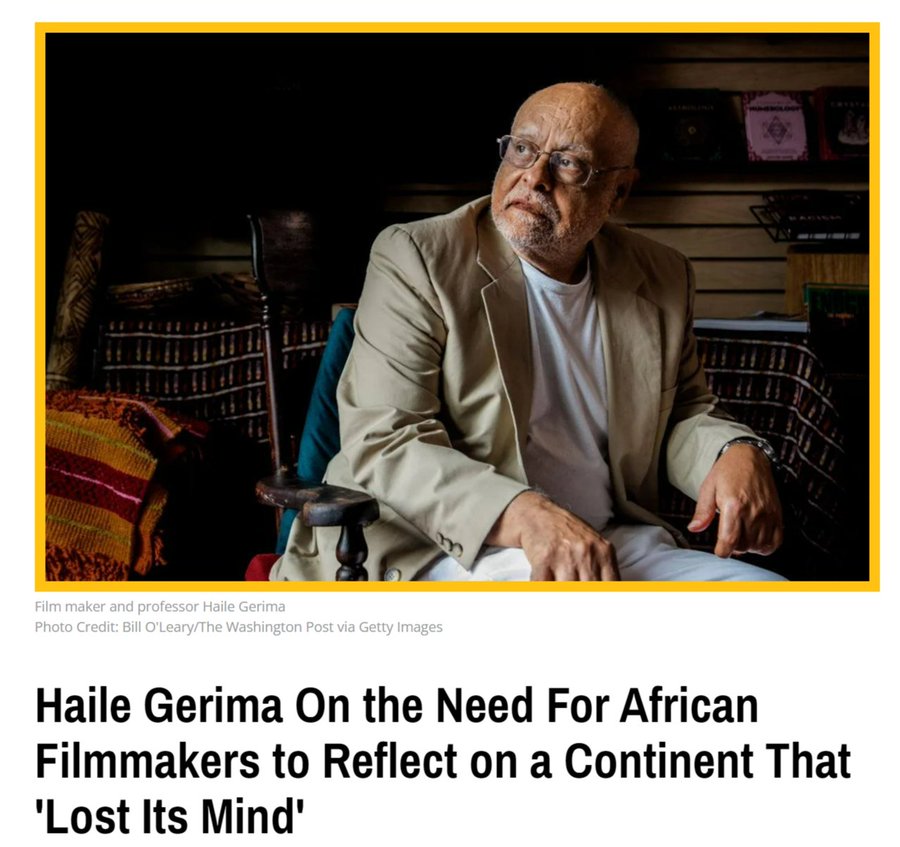
In this context, African filmmakers (artists, intellectuals more broadly) play a crucial role in facilitating the continent’s journey to “find its mind” again. It means challenging colonial narratives, reclaiming identities, histories, and imagining possibilities for the future.
“Firstly, Africa is the laboratory of the future.” ~ Lesley Lokko

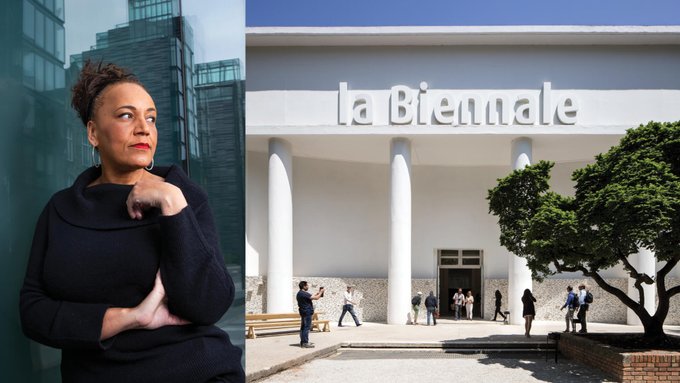

Currently filming: Jean-Claude Barny’s Fanon bio, starring relative newcomer Alexandre Bouyer, backed by Canal+ Antilles, TV5MONDE, and France Télévisions. “We are convinced that his interpretation of Frantz Fanon will be as captivating as it is inspiring.” ~ Barny
